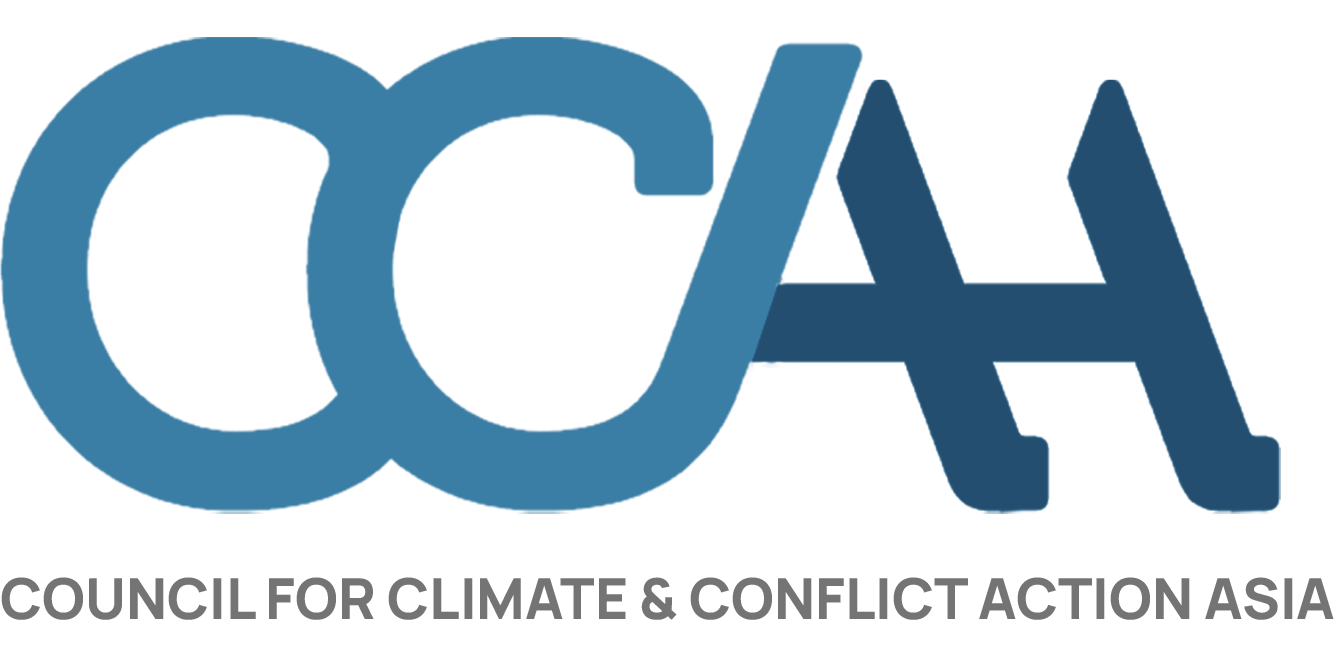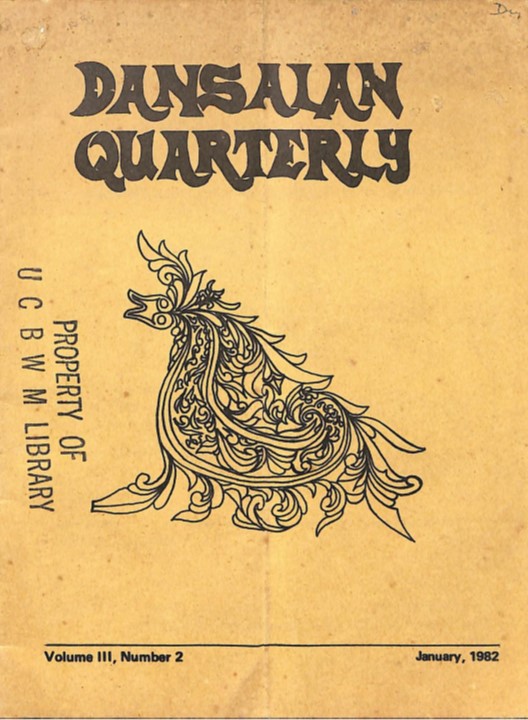January 1982 Vol. III, No. 2
10 July 2022 Dansalan Quarterly
Historical narratives provide a glimpse into the events that shaped the cultures and beliefs of today–Mastura’s account on Sultan Kudarat’s role in Maguindanaoan and Philippine history as well as Wulff’s account on the Yakan evacuees in Zamboanga strive to fulfill such a purpose. Mastura mainly talks about the influential role of Sultan Mohammad Dipatuan Kudarat of Maguindanao in the development of our national consciousness–speaking on collectivity rather than isolation. Sultan Kudarat is known for his heroic qualities and his ideals, with the latter shaping certain events of national significance. His long reign surpassing no less than eight Spanish governor generals will always be remembered in both Maguindanaoan and Philippine history for being able to unite disparate groups of Filipinos into a powerful Sultanate and for being able to maintain trade and alliance with the Malay World. Next, Wulff shares how thousands of Yakans were evacuated from their homes in Isabela, Lamitan, and in Zamboanga City. In the beginning, they were still reluctant to go to evacuation centers because of the fear of being dispossessed of their land. Eventually, when most of the displaced have returned to Basilan, some decided to stay in Zamboanga City where they eventually established a Yakan Village. While Mastura’s and Wulff’s narratives are strikingly different, both illustrates the changes that two different Muslim ethnolinguistic group experienced, and critical analysis of historical events is imperative in evaluating how traditions and norms emerged and evolved along with the Muslim community.
Please email dansalan.quarterly@dcfi.edu.ph to request a copy of the issue.

